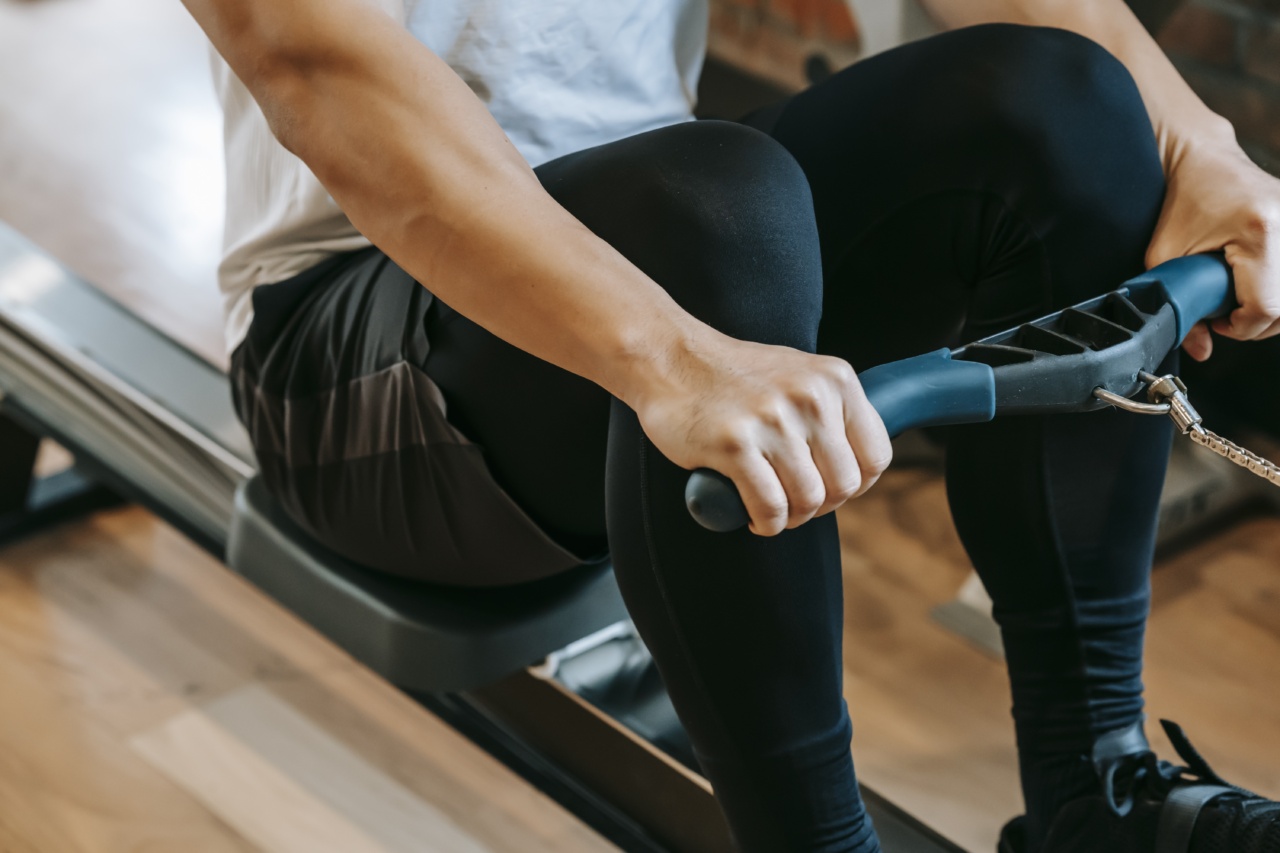Headaches are a common ailment that can have various causes. One often overlooked cause of frequent headaches is neck muscle strain.
Neck muscle strain, also known as cervical strain, occurs when the muscles in the neck are overworked, injured, or strained. This strain can lead to tension headaches and migraines, which can be debilitating and affect your daily life.
In this article, we will explore the relationship between neck muscle strain and frequent headaches, and discuss ways to alleviate and prevent this painful condition.
Causes of Neck Muscle Strain
Neck muscle strain can be caused by several factors, including:.
- Poor posture: Sitting or standing with incorrect posture for extended periods can put strain on the muscles in the neck.
- Repetitive motions: Repeating the same motions over and over, such as typing or using a computer mouse, can strain the neck muscles.
- Stress and tension: Stress and tension can cause muscle tightness and lead to neck muscle strain.
- Injury: Neck muscle strain can result from sudden movements, such as whiplash from a car accident or a sports-related injury.
Symptoms of Neck Muscle Strain
Neck muscle strain can cause various symptoms, which may include:.
- Headaches, including tension headaches and migraines
- Neck pain and stiffness
- Shoulder pain or tightness
- Dizziness
- Nausea
- Tingling or numbness in the arms or hands
The Link Between Neck Muscle Strain and Headaches
The muscles in your neck are closely connected to the muscles in your head. When the neck muscles become strained, they can cause referred pain, which is felt in a different area than the source of the pain. This referred pain can manifest as headaches.
The tension and tightness in the neck muscles can also restrict blood flow to the head and scalp, which can trigger migraines or exacerbate existing headaches.
In addition to referred pain and restricted blood flow, neck muscle strain can also lead to tension headaches. Tension headaches are often described as a dull, aching pain that feels like a tight band around the head.
The muscles in the neck and scalp become tense and tender, contributing to the headache. These headaches can be chronic and recurring.
Diagnosing Neck Muscle Strain
If you suspect that your neck muscle strain is causing your frequent headaches, it is crucial to seek medical evaluation. A healthcare professional, such as a doctor or physical therapist, can conduct a thorough examination and review your symptoms.
They may also order additional tests, such as X-rays or MRI, to rule out other potential causes of your headaches.
Treatment Options
Once diagnosed with neck muscle strain, there are several treatment options that can alleviate the symptoms and prevent frequent headaches:.
- Rest and relaxation: Resting the neck muscles and avoiding activities that exacerbate the strain can help alleviate pain and prevent further injury.
- Physical therapy: A physical therapist can provide exercises and stretches to strengthen and stretch the neck muscles, promoting healing and reducing strain.
- Heat and cold therapy: Applying heat or cold to the affected area can help reduce inflammation and relieve pain.
- Pain medication: Over-the-counter pain relievers, such as ibuprofen, can help manage pain and reduce inflammation.
- Posture correction: Improving your posture can prevent future strain on the neck muscles. Ergonomic adjustments at work or home may be necessary.
- Stress management: Techniques such as meditation, deep breathing exercises, and stress reduction strategies can help reduce muscle tension and prevent strain.
Prevention Tips
Preventing neck muscle strain can help reduce the frequency of headaches. Here are some tips to prevent neck strain:.
- Practice good posture: Sit and stand with your back straight, shoulders back, and neck in a neutral position.
- Take frequent breaks: If your work requires you to sit or stand for long periods, take regular breaks to stretch and move around.
- Exercise regularly: Engaging in regular exercise can help improve muscle strength and flexibility, reducing the chances of strain.
- Use proper ergonomics: Ensure that your workspace is set up ergonomically, with a comfortable chair and desk height that promotes good posture.
- Manage stress: Find healthy ways to manage stress, such as exercise, meditation, or hobbies.
- Avoid carrying heavy bags: Carrying heavy bags, such as backpacks or purses, unevenly can strain the muscles in the neck and shoulders. Opt for a backpack with two straps or a bag with a crossbody strap.
When to Seek Medical Attention
In most cases, neck muscle strain can be effectively managed with rest and home remedies. However, there are situations where it is important to seek immediate medical attention:.
- Severe neck pain or sudden onset of pain
- Neck pain accompanied by fever, headache, or vomiting
- Difficulty moving the neck or weakness in the arms or legs
- Neck pain following a fall, accident, or injury
If you experience any of these symptoms, it is crucial to seek medical evaluation as soon as possible to rule out any underlying conditions or injuries.
In Conclusion
Neck muscle strain can cause frequent headaches and significantly impact your quality of life. It is essential to recognize the symptoms of neck muscle strain and take steps to prevent and manage the condition.
By practicing good posture, managing stress, and seeking appropriate treatment, you can reduce the occurrence of headaches associated with neck muscle strain. Don’t let neck muscle strain hold you back from enjoying a headache-free life!.


























